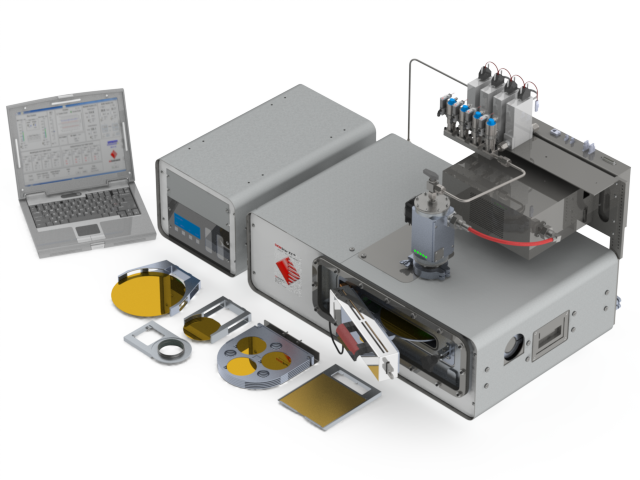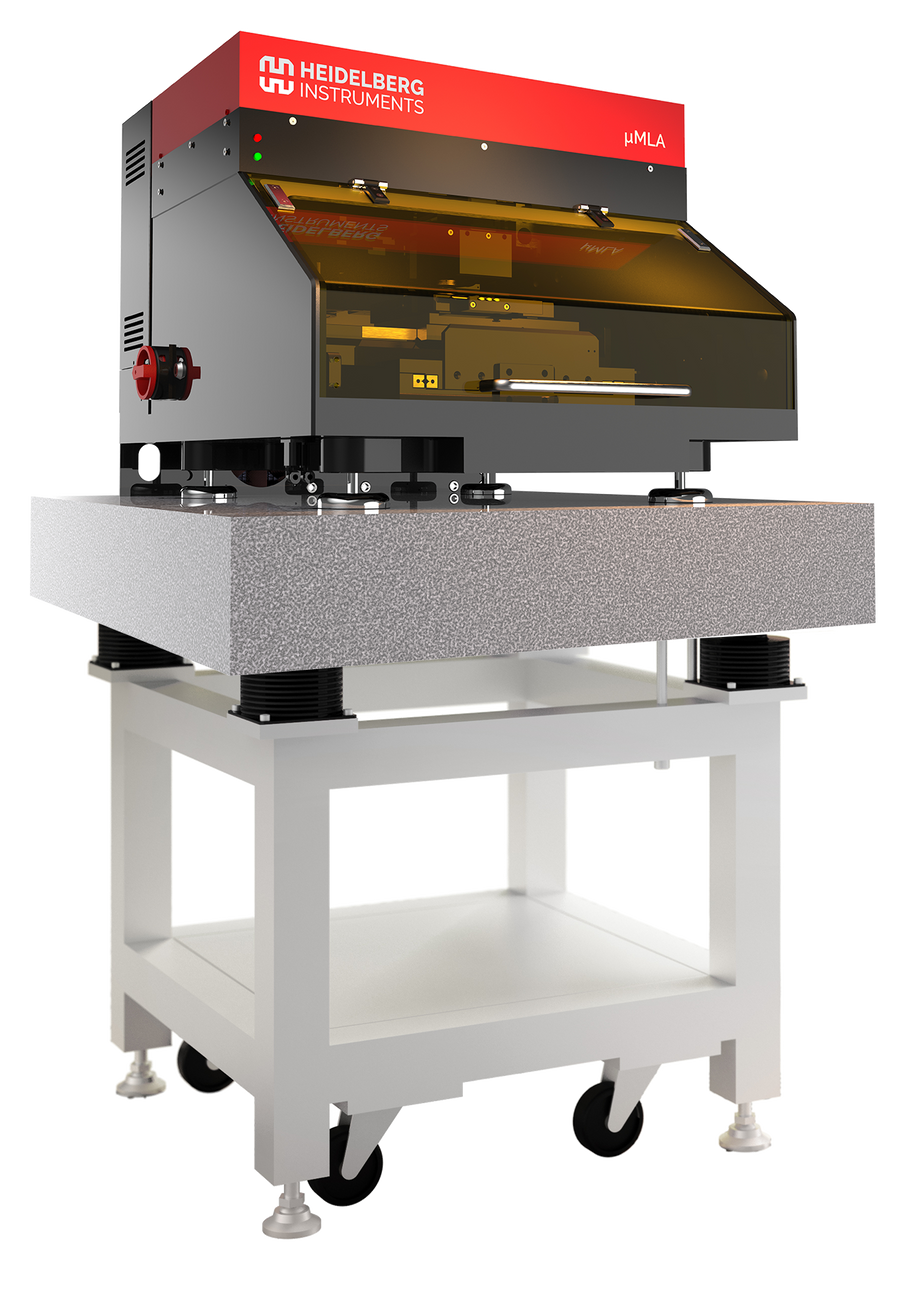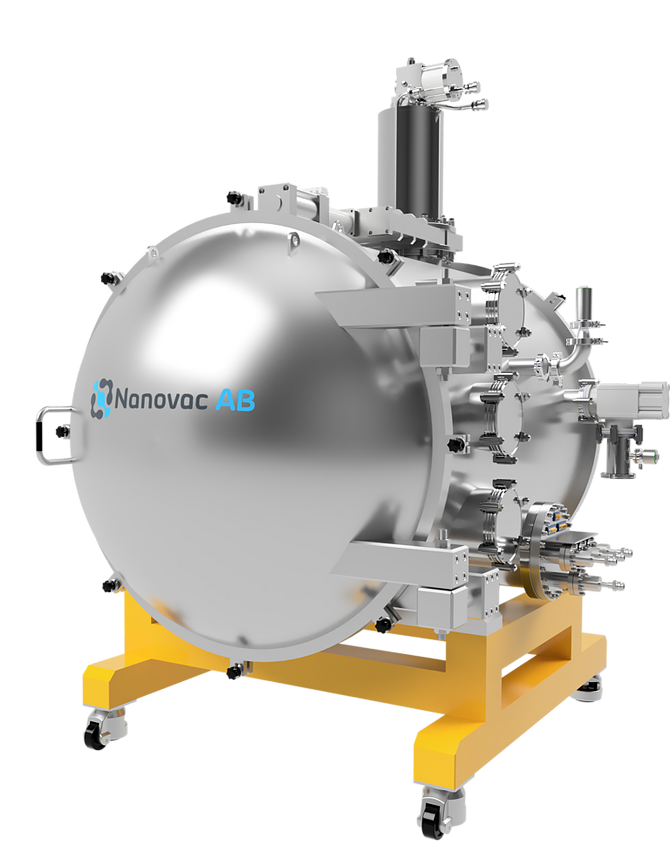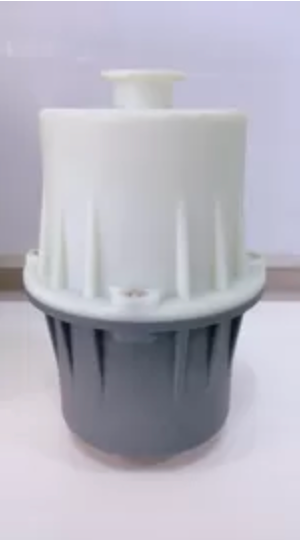Seminar on 'Routine Operando Studies with Near Ambient Pressure XPS' by Dr. Deler Langenberg
Watch Now!
Featured topics:
- Battery Material: AP-XPS investigations of a commercial lithium-based electrolyte
- Operando Corrosion Studies: Corrosion study of a paper clip in vinegar
- Food Science: Near ambient pressure photoelectron spectroscopy of fruit & vegetables
- Biological Sample: XPS surface analysis of a human urolith
- Natural Occurring Minerals: XPS surface analysis of Zeolites
- Devices: Real World Device Inspection Application
Abstract:
For the last ten years XPS under near ambient pressure conditions (NAP-XPS) has gained significant attention in the XPS community. The technique allows for standard analysis of samples under pressures up to about 50 mbar. This opens XPS to liquids, solid-liquid interfaces, gas-solid-interfaces, gas-liquid-interfaces. New fields like operando studies on electrochemical systems, corrosion experiments, analysis of food samples, but also studies of biological samples have been added to the XPS portfolio. The background gas pressure in such experiments is beneficial for the analysis of materials, because it avoids beam damages and degradation due to UHV conditions and also enables true non-destructive analysis of all types of degassing samples and insulators.
In this presentation, we demonstrate the enormous potential of laboratory NAP-XPS for investigations of solid-liquid interfaces in electrochemical energy storage systems at elevated pressures, also illustrating the ease of use of the setup used.
We show different examples with increasing level of complexity from solid liquid interface studies, like obtaining relevant results on Silicon in different organic solvents without the need of highly sophisticated setups, all the way to complex experiments such follow the effects of metal corrosion in organic acid.
Most sophisticated experiments so far have been operando electrochemistry in a classical three-electrode setup. A versatile setup is presented, allowing for studies of solid-electrolyte interfaces for example in Lithium-ion batteries as a simple laboratory experiment. First experiments on a V2O5 cathode in 1 molar LiPF6 in EC/DMC electrolyte solution show the operando intercalation of Lithium into the cathode and the related changes in its chemical compositions. A control experiment after air exposure of the intercalated cathode demonstrate need for inert environments during measurements.
Dr Deler Langenberg Biography:
A Ph.D. in Chemistry with an emphasis on material science research from the Ruhr University Bochum. Dr Deler focused on the synthesis, characterization, and development of higher performance semiconductor devices for applications such as corrosion resistance, coating strengthening, and catalysis.
He worked for Oxford Instruments/Omicron Nanotechnology in Germany after receiving his PhD, where he created and improved new devices and scientific instruments for use by businesses and research.
He joined the Institute for Quantum Computing (IQC) in 2013 as a Senior Research Scientist and manager of the research laboratories. He developed a cutting‐edge deposition cluster system at this time that could handle a variety of materials at the cutting edge of quantum material research. In addition, he oversaw several special characterization systems, including those at IQC for molecular‐beam epitaxy (MBE), sputtering, and pulsed‐laser deposition (PLD), as well as Auger, angle‐resolved photoemission spectroscopy (ARPES), low temperature scanning probe microscopy (LT SPM) and more.
These real‐world tests prompted him to join the SPECS team after many years of surface science study and working with scientific equipment. Not just from a commercial standpoint, but particularly because he wants to offer the best products on the market that make researcher lives simpler. He is here to connect researchers with the tools they need to work more efficiently toward their objectives. This is his aim and he tries his hardest to serve the scientific community.





